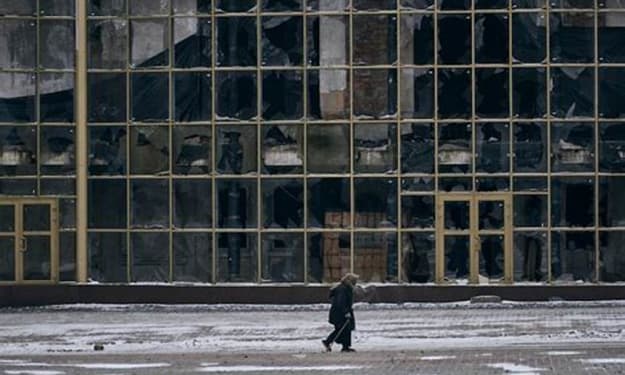
In the sensitive compartmentalized information facility of the Department of State, Washington D.C., the air hung heavy with tension. The Secretary of State, his voice muffled by secretive silencing technology, pressed for options in the wake of a devastating hostage crisis. Iron Eagle, an extremist Nazi terrorist group, had orchestrated the abduction of an American family vacationing in Angola. As the Secretary demanded swift action, a flurry of discussions unfolded among high-ranking officials.
The situation was dire: hostages taken, lives at stake, and international tensions on the brink of escalation. Amidst the urgency, the complexities of diplomacy, military strategy, and political maneuvering converged. The Secretary sought both kinetic and non-kinetic options to present to the President within a tight timeframe, highlighting the gravity of the situation.
As intelligence poured in, it became evident that the crisis was intricately entwined with historical animosities and geopolitical tensions. The Iron Eagle's agenda, rooted in extremist ideology and historical grievances, posed a formidable challenge to diplomatic efforts. The involvement of the Third Reich, with its own complex motives and calculations, added layers of complexity to the unfolding crisis.
In the midst of the chaos, a diverse array of perspectives emerged. Military leaders outlined plans for rescue operations, navigating the delicate balance between swift action and diplomatic repercussions. Diplomats grappled with the challenge of engaging with a regime tainted by its association with terrorist elements. Meanwhile, the specter of past conflicts loomed large, shaping decision-making at every turn.
Against this backdrop, the Secretary of State navigated a treacherous path, weighing the risks and benefits of each course of action. The delicate dance of diplomacy, intelligence, and military strategy unfolded against a backdrop of uncertainty and mistrust. Every decision carried profound consequences, shaping the trajectory of the crisis and its aftermath.
Amidst the turmoil, a young nurse named Irma found herself thrust into the heart of the crisis. Kidnapped by Iron Eagle operatives, she grappled with the weight of knowledge that could expose the dark underbelly of Nazi medical experimentation. Her journey mirrored the broader struggle for truth and justice in the face of tyranny and oppression.
As events unfolded, the President grappled with the weight of leadership, his decisions shaping the course of history. The unfolding crisis tested the resilience of a nation already strained by internal divisions and external threats. In the corridors of power, political ambitions clashed with the imperatives of national security, exposing the fault lines of a society grappling with its own demons.
As the crisis reached its climax, the President faced a fateful decision: to engage in military action or pursue diplomatic avenues. The stakes were high, the risks immense, and the consequences far-reaching. In the crucible of crisis, the true measure of leadership was tested, revealing the depths of courage and conviction in the face of adversity.
In the aftermath of the crisis, the nation grappled with the scars of conflict and the challenges of rebuilding. Political leaders jockeyed for position, seeking to capitalize on the fallout for their own gain. Yet amidst the tumult, a glimmer of hope emerged – a renewed sense of unity and resolve in the face of adversity.
As the dust settled and the echoes of the crisis faded, the nation stood at a crossroads. The choices made in the crucible of crisis would shape its destiny for generations to come. In the shadow of tragedy, the true test of leadership lay not in the pursuit of power, but in the pursuit of justice, truth, and the common good.
In the annals of history, the crisis would be remembered not only for its devastation but for the resilience of the human spirit in the face of darkness. As the nation looked to the future, it did so with a renewed sense of purpose – to forge a path forward guided by the values of freedom, democracy, and the enduring quest for peace.
About the Creator
Gunduz
Explore captivating tales and thought-provoking perspectives. Join me for an enlightening journey through imagination and insight.
Contact:
Instagram: gunduz.asadli






Comments
There are no comments for this story
Be the first to respond and start the conversation.